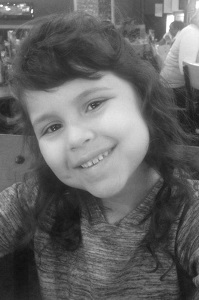Watching a loved one disappear to the symptoms of dementia can be a very sad, confusing and lonely experience for a child. Understandably, you want to shield them from the emotional pain that the disease inflicts on all those involved and sometimes this works, but sometimes it doesn’t. It’s likely that they’re feeling the same pain and sadness that you are but they don’t know how to vocalize and/or deal with these emotions. This is why we recommend being open and honest about what’s happening to your loved one; start the conversation with your child and allow them to keep it going.
When you have the conversation, here are some tips to consider:
– Be sure to have the conversation somewhere they are comfortable
– Keep the terminology simple and stay away from medical jargon
– Don’t be afraid to be emotional
– Encourage them to ask questions
– Assure them that no matter what, they’re loved
– Let them know that what their grandparent or loved one has is not contagious
Having the initial conversation with them is a good start but there’s still a long road ahead. While the disease is at bay, schedule times for your children to be with their loved one. Whether it’s an ice cream trip, a board game or an afternoon walk, this time together will be important to your child and your parent. It will also be good for you to see them share special moments together.
As the disease progresses don’t be surprised if your older children want to avoid seeing their ill loved one. Although it can be frustrating for you as the parent, it’s important to remember that they’re dealing with feelings they likely haven’t experienced before. They may feel incredible sadness and/or embarrassment; which can manifest into guilt. It’s often best to give them space and allow them to grieve in their own manner. Be there to talk, and again be open to expressing your own feelings; allowing them to follow by example.
There’s very little good that comes from a dementia diagnosis but one positive is that it gives children the opportunity to adopt coping skills that they’ll be able to fall back on the rest of their lives.

